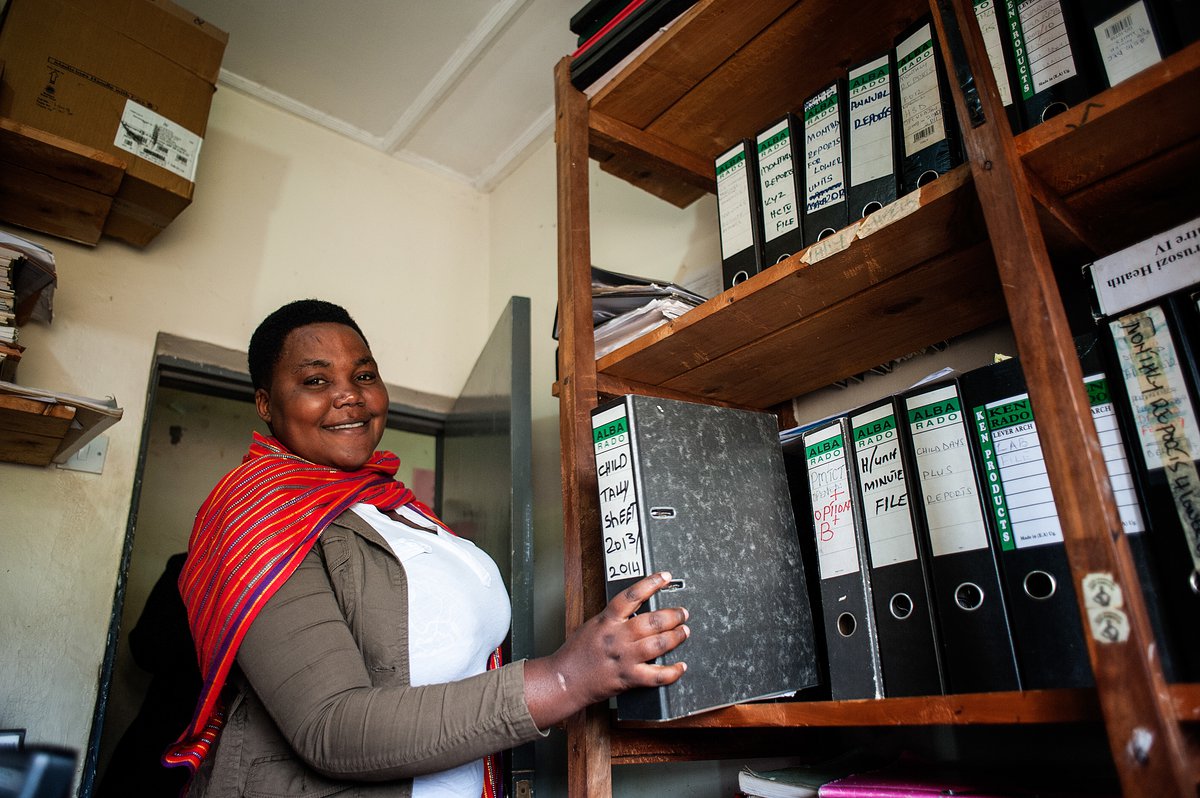
COVID-19 Essential Health Services Policy Tracker
PATH is cataloging and analyzing the policies that governments in low- and middle- income countries are making to adapt and maintain essential health services during the COVID-19 pandemic.
As the COVID-19 pandemic continues to afflict communities worldwide, there is an urgent need to ensure continuity of essential health services—including maternal and newborn care, routine immunization, sexual and reproductive health services, diagnosis and treatment of HIV, TB, malaria, and noncommunicable diseases—for all populations. Key to protecting these services is cross-country learning and sharing of best practices around policies and actions governments can take to maintain, adapt, and reinstate services. The COVID-19 Policy Tracker project, supported by the Bill & Melinda Gates Foundation, aims to collect, catalogue, visualize, and disseminate government policy responses and other relevant information related to maintaining and adapting essential health services during COVID-19. This page is a one-stop-shop that gathers all the analyses, dashboards, and other resources developed throughout this project in one place.
Featured Analysis
Essential health services during and after COVID-19
At the end of 2020, PATH conducted a sprint analysis of disruptions and efforts to maintain essential health services for the Bill and Melinda Gates Foundation. Looking across six countries, the analysis dove into four critical questions:
What is considered an essential health service?
Which services are most disrupted?
How can the declines in service utilization be explained, and what have been the mitigating actions?
What can we expect essential health service coverage to look like once lockdowns are lifted and vaccines are rolled out?
While some service delivery adaptations show promise for increasing access to services, disruptions will continue to disproportionately drive health losses. There are ways to recoup progress lost during the COVID-19, but financial, operational, and policy barriers must be addressed.
Journal article
Findings published in the WHO bulletin
In February 2022, our findings were published in the World Health Organization Bulletin theme issue on lessons for effective COVID-19 response. Our article gives an overview of the project's findings on policy adaptations made during the pandemic for essential health service delivery, dives deeper into some of those adaptations, and documents some lessons learned from the project.
Policy development should integrate across essential health service areas - an important step toward person-centered primary health care.
Health service delivery adaptations: country spotlights
The following briefs explore in detail the service delivery adaptations outlined in pandemic-era government policies in Burkina Faso, Ethiopia, India, Kenya, and Nigeria. We hope these briefs can equip country leaders, donors, and advocates with information about successfully adapting delivery of essential health services through the pandemic and beyond. While the policy adaptations included below are a good step, further data and research is needed on which methods are the most feasible and effective—as well as which adaptations can continue to be used to expand the reach of health service delivery long past the COVID-19 era.
We need to look beyond policy development to policy implementation. Countries should collect data on whether policy adaptations are implemented and how well they work.
COVID-19 Policy Tracker Dashboard
To date, from our survey of 119 countries we have collected and coded more than 200 documents from over 40 countries. We continue to update the dashboards with new policies as they are developed and revised.
We believe the COVID Policy Tracker dashboards will enable country leaders to learn from their peers and make more informed decisions regarding resource allocation, planning, and implementation of essential health services. At the same time, they are useful for identifying gaps in policies that may help donors target technical assistance and advocates identify policy changes to pursue.


